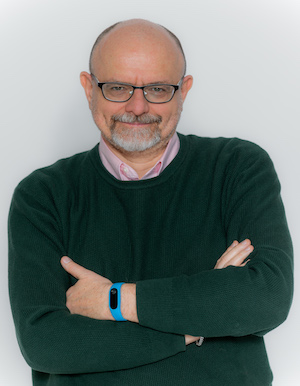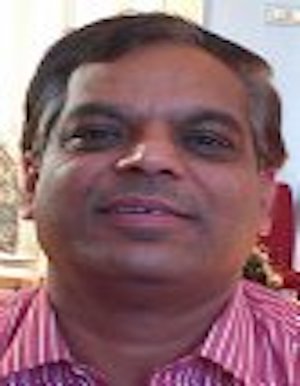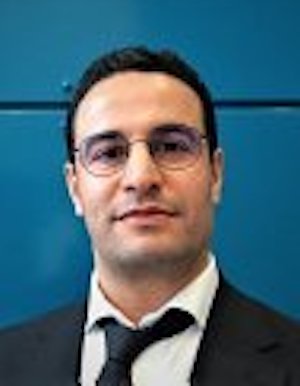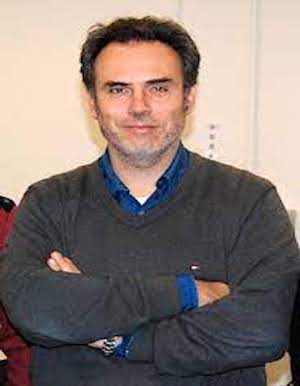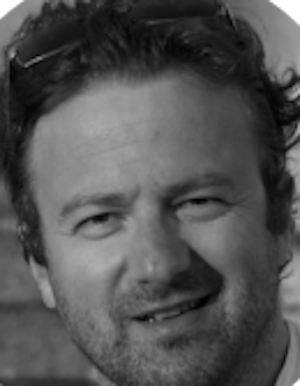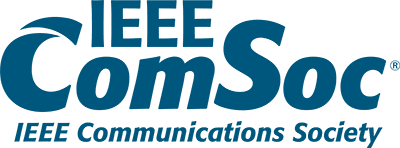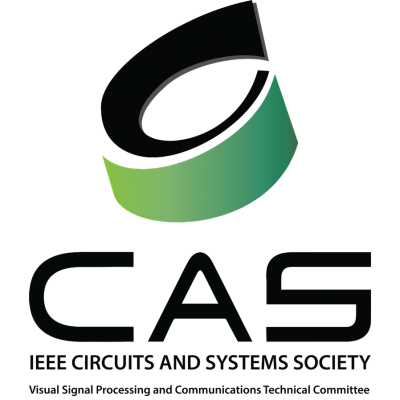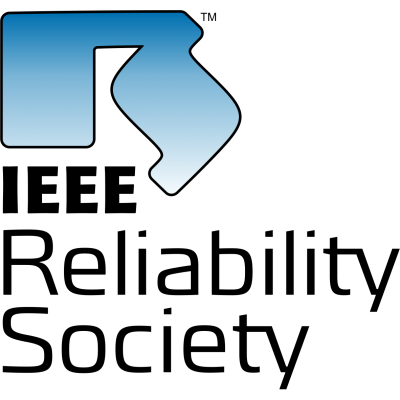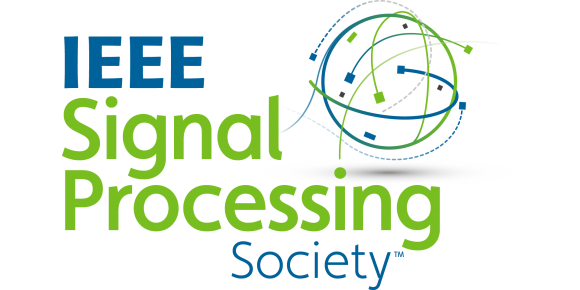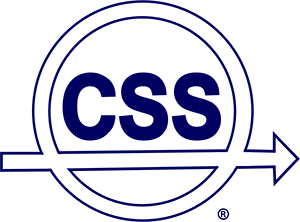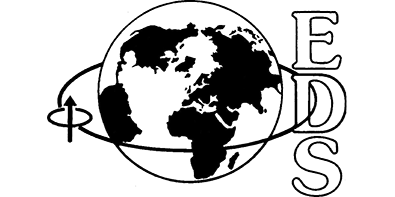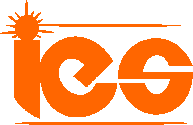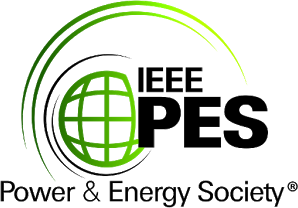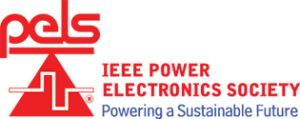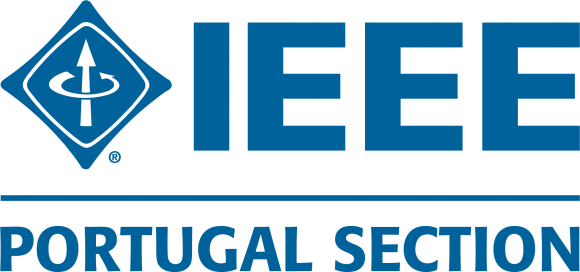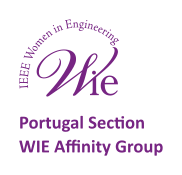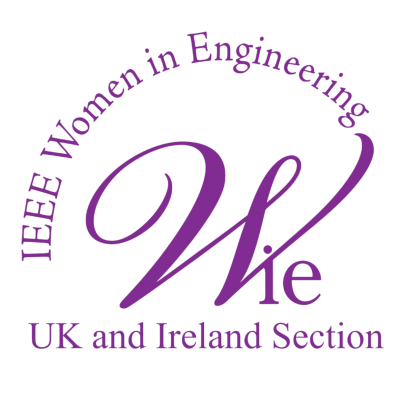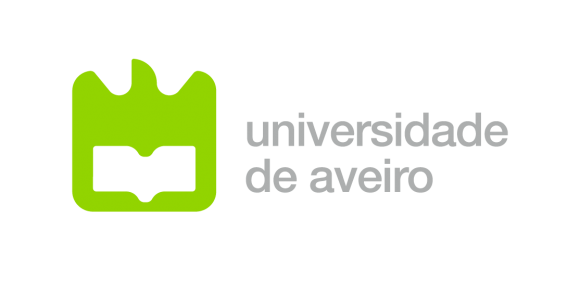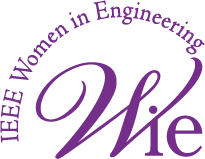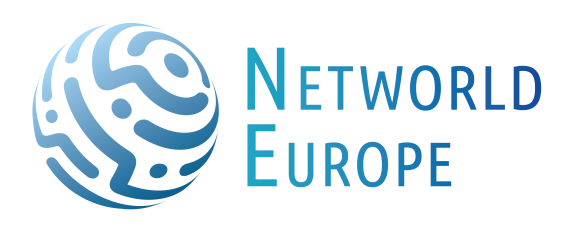Future Platforms for Cloud-Edge Continuum – Theoretical Foundations and Practical Considerations
Track ID: Spes-01
Description
Internet of Things (IoT) brings fundamental changes to all sectors of society and economy. However, realization of the IoT vision requires data processing (stream, static, or both) in an “optimal location” within the cloud-edge continuum. Within such continuum, data can be produced, stored, and processed “anywhere”. For instance, (1) far/nano-edge devices produce data act upon it locally, (2) fog nodes process data stream locally, while (3) cloud/HPC facilities deliver “unlimited” processing capabilities, need, for instance, to train (large) AI models. Taking into account the, systematically increasing, scale of IoT deployments the question arises: what capabilities must be facilitated by future IoT platforms, which will have to manage processes in multi-stakeholder, multi-cloud, federated, large-scale IoT ecosystems.
Here, key challenges are related to the fact that such platforms (encompassing operating systems, up to applications), will have to jointly leverage continuous progress of multiple enabling technologies, e.g.: 5G/6G networking, privacy and security, distributed computing, artificial intelligence, trust management, autonomous computing, distributed/smart applications, data management, etc. Moreover, they must facilitate intelligent (autonomous) orchestration of physical/virtual resources and tasks, by realizing them at the “optimal location” within the ecosystem (e.g., closer to where data is produced). To achieve this, resource-aware frugal AI is needed, to facilitate self-awareness and decision support, across heterogeneous ecosystem. Finally, it is also absolutely necessary that resource management will consider the CO2 footprint of the ecosystem and efficiently deploy data and tasks and also use multi-owner, heterogeneous sources of renewable energy.
In this context, contributions addressing theoretical and practical aspects of the following topics are invited (this list is, obviously, not exhaustive):
- IoT architectures for domain agnostic user-aware, self-aware, (semi-)autonomous edge-cloud continuum platforms, including proposals for novel decentralized topologies, ad-hoc resource federation, time-triggered behaviors
- Foundations for next generation of higher-level (meta) operating systems facilitating efficient use of computing capacity across edge-cloud continuum
- Resource aware AI, including frugal AI, bringing intelligence to the edge-cloud continuum platforms (and ecosystems)
- Cognitive frameworks leveraging AI-techniques to improve optimization of infrastructure usage and services and resources orchestration
- Efficient streaming Big Data processing within large-scale IoT ecosystems
- Interoperability solutions for multi-user edge-cloud continuum platforms, capable of coping with systematically increasing complexity of connecting vast numbers of heterogeneous devices
- Federated data spaces approach for improved data governance, sovereignty and sharing
- Privacy, security, trust and data governance in competitive scenarios
- CO2 footprint reduction and efficient use of green energy in edge-cloud continuum ecosystems
- Practical aspects of resource orchestration within highly heterogeneous, large-scale edge-cloud continuum ecosystems
- Intent-based networking and its application to IoT
- Swarm intelligence for IoT-edge-cloud continuum
Important Dates
Important Dates:
- Deadline for Paper Submissions: July 30th, 2023
- Acceptance Notification: September 8th, 2023
- Deadline for Camera-Ready Paper Submissions: September 29th, 2023
- Deadline for Presentation Submissions: October 2nd, 2023
Paper should be six (6) pages in length and follow the instruction provided for the main Conference. The conference allows up to two additional pages for a maximum length of eight (8) pages with payment of extra page charges once the paper has been accepted.
Please submit your paper for this Special Session using the link to eWorks:
If you have any questions, please contact Dr. Marcin Paprzycki: marcin.paprzycki@ibspan.waw.pl
Chairs
Marcin Paprzycki: Systems Research Institute Polish Academy of Sciences
Marcin Paprzycki is an Associate Professor at the Systems Research Institute Polish Academy of Sciences. Has an MS degree from the Adam Mickiewicz University in Pozna?, Poland, a Ph.D. from the Southern Methodist University in Dallas, Texas, USA, and a Doctor of Science degree from the Bulgarian Academy of Sciences, Sofia, Bulgaria. He is a Senior Member of IEEE, a Senior Member of ACM, a Senior Fulbright Lecturer, and was an IEEE CS Distinguished Visitor. His original research interests were in the area of high performance computing / parallel computing / computational mathematics. Over time they shifted towards intelligent systems, software agents and agent systems, and application of semantic technologies, among others. Currently he serves as Chair of IEEE Poland Section Computer Society Chapter. He has contributed to more than 500 publications, and was invited to the program committees of over 800 international conferences. He is on the editorial boards of 12 journals.
Rajkumar Buyya: The University of Melbourne
Rajkumar Buyya is a Redmond Barry Distinguished Professor and Director of the Cloud Computing and Distributed Systems (CLOUDS) Laboratory at the University of Melbourne, Australia. He is also serving as the founding CEO of Manjrasoft, a spin-off company of the University, commercializing its innovations in Cloud Computing. He served as a Future Fellow of the Australian Research Council during 2012-2016. He serving/served as Honorary/Visiting Professor for several elite Universities including Imperial College London (UK), University of Birmingham (UK), University of Hyderabad (India), and Tsinghua University (China). He has authored over 850 publications and seven text books including "Mastering Cloud Computing" published by McGraw Hill, China Machine Press, and Morgan Kaufmann for Indian, Chinese and international markets respectively. He also edited several books including "Cloud Computing: Principles and Paradigms" (Wiley Press, USA, Feb 2011). He is one of the highly cited authors in computer science and software engineering worldwide (h-index=152, g-index=332, 120,600+ citations). "A Scientometric Analysis of Cloud Computing Literature" by German scientists ranked Dr. Buyya as the World's Top-Cited (#1) Author and the World's Most-Productive (#1) Author in Cloud Computing. Dr. Buyya is recognized as a "Web of Science Highly Cited Researcher" for six consecutive years since 2016, a Fellow of IEEE and Scopus Researcher of the Year 2017 with Excellence in Innovative Research Award by Elsevier, and "Lifetime Achievement Awards" from two Indian universities for his outstanding contributions to Cloud computing and distributed systems. Recently, he received "Research Innovation Award" from IEEE Technical Committee on Services Computing and "Research Impact Award" from IEEE Technical Committee on Cloud Computing.
Tarik Taleb: The University of Oulu
Tarik Taleb is currently a Professor at the Center of Wireless Communications, The University of Oulu, Finland. He is the founder and director of the MOSA!C Lab (www.mosaic-lab.org). Between Oct. 2014 and Dec. 2021, he was a Professor at the School of Electrical Engineering, Aalto University, Finland. Prior to that, he was working as Senior Researcher and 3GPP Standards Expert at NEC Europe Ltd, Heidelberg, Germany. He was then leading the NEC Europe Labs Team working on R&D projects on carrier cloud platforms. Before joining NEC and till Mar. 2009, he worked as assistant professor at the Graduate School of Information Sciences, Tohoku University, Japan, in a lab fully funded by KDDI, the second largest mobile operator in Japan. From Oct. 2005 till Mar. 2006, he worked as research fellow at the Intelligent Cosmos Research Institute, Sendai, Japan. He received his B. E degree in Information Engineering with distinction, M.Sc. and Ph.D. degrees in Information Sciences from Tohoku Univ., in 2001, 2003, and 2005, respectively.
Carlos Palau: Universitat Politecnica de Valencia
Carlos Palau is Full Professor in the ETSI Telecomunicacion at Universitat Politecnica de Valencia (UPV). He graduated in Telecommunications Engineering from the OPV in 1993, and received his Ph.D. degree in Electrical Engineering from the same university in 1997. With more than 25 years of experience in research in the areas of security, privacy, content distribution, networking, interoperability, IoT, Smart-Cities and wireless communications. Nowadays, he is coordinating H2020 MG-7-3 PIXEL and H2020 ICT-56 ASSIST-IoT, and participating in other R&D projects, such H2020 ICT-17 5GENESIS, among others. Furthermore, it is worth remarking his coordination of the finished H20202 ICT-30-2015 INTER-IoT project and his past participation in H2020 IoT1-2016 ACTIVAGE, H2020 ICT14-2016 TT, H2020 MG-1.3-2014 DORA, FP7 SEC AF3 and SECTOR; CELTIC+, ACIO. He and has previously participated some other national and international initiatives, including FP7 FI-PPP FICONTENT2. He is an IEEE Senior Member with more than 125 published papers. He has participated in several TPC of relevant conferences like IEEE LCN, IEEE MILCOM; IEEE MULTIMEDIA and chaired, from 2002 till 2008, the International Conference of Communications Systems and Networks. He has participated in the design of SIMACOP: an FFT C2IS system, in use by the Spanish Army.
Levent Gürgen: Kentyou
Levent Gürgen (Ph.D.) is the founder and president of Kentyou, a technological startup focusing on smart cities. Before creating Kentyou, he was R&D project manager in CEA-LETI for about 10 years. He was involved in about 15 collaborative projects from various domains such as smart farming, smart living, smart mobility, smart home and smart cities, in which he played different roles (coordinator, technical coordinator, WP leader, IoT manager, etc.). His involvement in European collaborative innovation projects has been awarded in 2016 by the French Ministry of Research and Education as one of the 12 “Stars of Europe”. He is also the president of the Urban Technology Alliance, a global smart city initiative, bringing together different cities around the world in particular from Europe and Japan.



